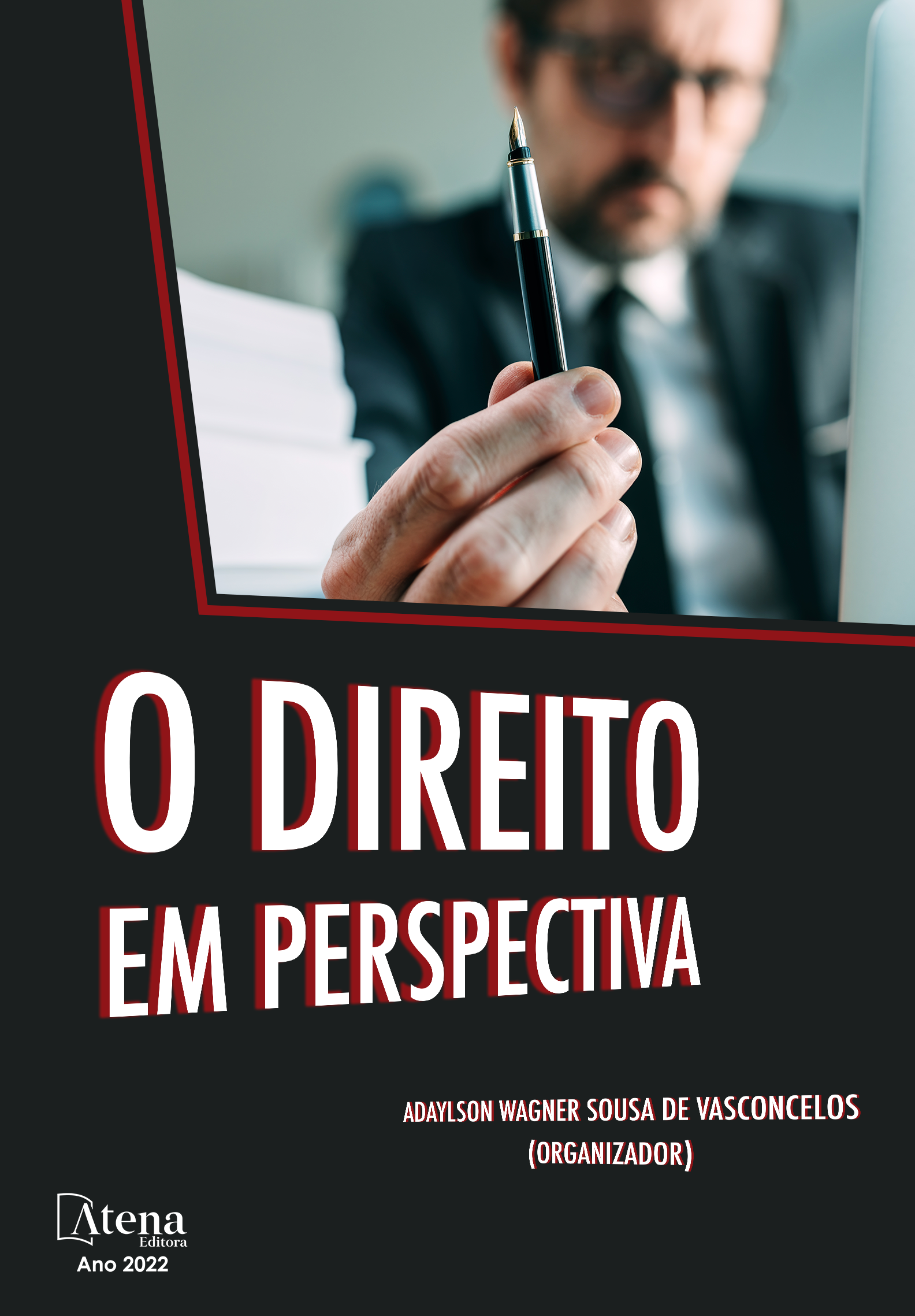
A RELEVÂNCIA DA APLICABILIDADE DA JUSTIÇA RESTAURATIVA NA SOCIEDADE PONTAGROSSENSE: CAMINHOS E DESAFIOS
O presente trabalho tem como objetivo demonstrar a importância da Aplicação da Justiça Restaurativa (JR) na Sociedade Contemporânea em geral e especificamente, no Municipio de Ponta Grossa. Com o intuito de compreender, desde a origem da JR no Brasil, até os dias atuais. Assim como, as falhas e crises eminentes no sistema convencional retributivo. Ademais, ressaltar o desenvolvimento, pelos projetos criados pelo Cejusc e outros relevantes, os quais são pautados na JR e realizados dentro da comunidade Pontagrossense. Bem como, apontar os benefícios e a importância de sua utilização, principalmente, levando em consideração os casos que foram solucionados e as relações restauradas. Tendo em vista, a importância de colocar em pauta, haja visto que este método de resolução de conflitos, ainda é pouco conhecido, bem como, sua eficácia pouco divulgada. A relevância do instituto se revela em especial, no reconhecimento e amparo, para com a vítima e a reparação e responsabilização do ofensor, diante o dano - diferentemente da realidade da justiça retributiva. Outrossim, conjecturar, sobre as formas de aplicação, a celeridade, econômia processual e os casos a serem submetidos à esta modalidade, assim também, os desafios da aplicação e inserção da JR. A metodologia do trabalho, é uma pesquisa qualitativa, com revisão bibliográfica, documental, com levantamento de dados e entrevista com profissionais do Cejusc de Ponta Grossa – com o objetivo de difundir a metodologia da JR e incentivar sua utilização como meio de pacificação social.
A RELEVÂNCIA DA APLICABILIDADE DA JUSTIÇA RESTAURATIVA NA SOCIEDADE PONTAGROSSENSE: CAMINHOS E DESAFIOS
-
DOI: 10.22533/at.ed.30122220313
-
Palavras-chave: Justiça Restaurativa; Solução de Conflitos; Pacificação Social.
-
Keywords: Restorative Justice; Conflict Resolution; Social Pacification.
-
Abstract:
The present work aims to demonstrate the importance of the Application of Restorative Justice (JR) in Contemporary Society in general and specifically in the Municipality of Ponta Grossa. In order to understand, from the origin of JR in Brazil, to the present day. As well as the eminent failures and crises in the conventional retributive system. Furthermore, it is worth highlighting the development, through the projects created by Cejusc and other relevant ones, which are based on JR and carried out within the Pontagrossense community. As well as pointing out the benefits and importance of its use, especially taking into account the cases that were resolved and the relationships restored. In view of the importance of putting it on the agenda, given that this method of conflict resolution is still little known, as well as its little-publicized effectiveness. The institute's relevance is revealed in particular, in the recognition and support, towards the victim and the reparation and accountability of the offender, in the face of damage - unlike the reality of retributive justice. Also, to conjecture, about the forms of application, the speed, procedural economy and the cases to be submitted to this modality, as well as the challenges of the application and insertion of the JR. The work methodology is a qualitative research, with bibliographical and documental review, data collection and interviews with professionals from Cejusc in Ponta Grossa - with the objective of spreading the JR methodology and encouraging its use as a means of social pacification.
-
Número de páginas: 15
- Gilmara Aparecida Rosas Takassi
- Carla Simone Silva
- Fabiana Odete da Silva dos Santos


